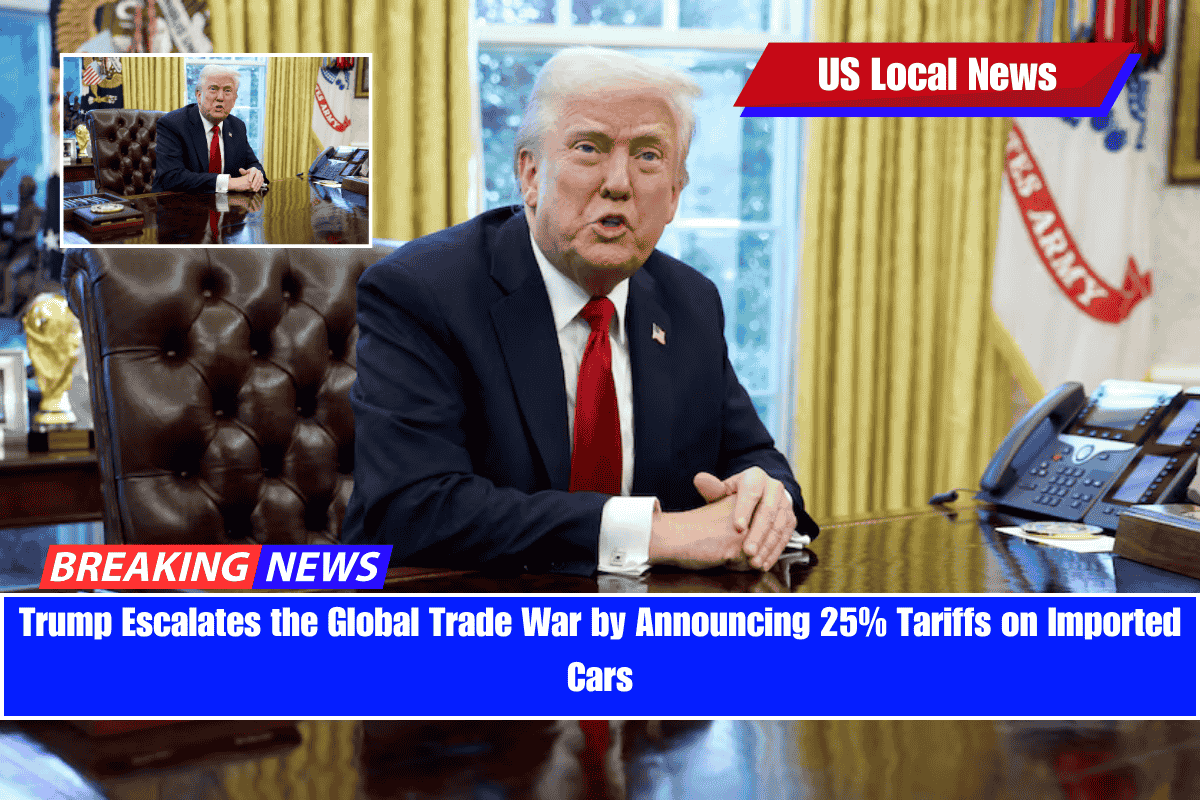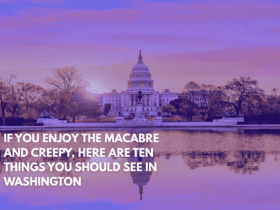Washington, D.C. – President Donald Trump has announced a 25% tariff on all imported vehicles and auto parts, a bold move that could raise car prices across the U.S. and intensify global trade tensions. The new tariffs will go into effect April 3, according to the White House.
Trump said the policy is designed to protect and rebuild the U.S. auto industry, which he believes has been harmed by years of foreign competition.
“I think our automobile industry will flourish like it hasn’t before,” Trump said during his remarks in the Oval Office.
What the New Auto Tariffs Include
The 25% tariffs apply to:
- All imported passenger vehicles (cars, SUVs, vans, trucks)
- Key auto parts, including engines, electronics, and powertrains
Tariff Schedule:
- Vehicle tariffs begin April 3 at 12:01 a.m.
- Auto parts tariffs will begin by May 3
Previously, the U.S. imposed a 2.5% tariff on cars and 25% on imported pickup trucks. The new policy expands the 25% rate to all imported vehicles and parts.
Why the Tariffs?
According to a White House fact sheet, about 50% of vehicles purchased in the U.S. last year were imported, and even U.S.-assembled cars contained up to 50% foreign parts.
The administration argues that only 25% of vehicle content in the U.S. is truly American-made, and this heavy import reliance threatens national security by weakening domestic supply chains.
How Will It Affect You?
Experts say the tariffs will cause prices to rise across the entire auto market, not just for imported cars.
Cox Automotive estimates:
- New imported cars could cost $6,000 more
- Used car prices will also go up
- Car insurance premiums may rise due to increased vehicle values
According to Stephanie Brinley of S&P Global Mobility, dealers may absorb some short-term costs, but within 1.5 to 2 months, consumers will feel the full impact.
Impact on Trade with Mexico and Canada
The new tariffs will affect long-standing trade relationships with Canada and Mexico, which together account for nearly half of all U.S. vehicle imports.
Canadian Prime Minister Mark Carney responded strongly, calling the move a “direct attack on our workers.” He promised to meet with his cabinet to explore trade response options.
The Canadian Chamber of Commerce warned the policy could lead to job losses and threaten North America’s status as a global auto leader.
What About the USMCA Trade Agreement?
Under the USMCA (United States-Mexico-Canada Agreement), certain auto parts that meet U.S. content standards may avoid full tariffs. The 25% tariff will only apply to the non-U.S. portion of qualifying products, depending on future guidelines from U.S. Customs and the Commerce Department.
More Tariffs on the Horizon?
Trump has also signaled more trade actions ahead. He has called April 2 “Liberation Day”, when reciprocal tariffs will be introduced across multiple sectors.
“I may give a lot of countries breaks,” he said. “I’m embarrassed to charge them what they’ve charged us.”
This comes after earlier tariffs on China, steel, and aluminum, which already triggered retaliatory measures from major trading partners.
Market Reaction
The announcement shook the stock market:
- Dow Jones fell 130 points
- S&P 500 dropped 1.1%
- Nasdaq declined 2%
- Tesla shares dropped 5.5%
- General Motors stock fell 3%
Even Federal Reserve Chair Jerome Powell has warned that tariffs are a key driver of inflation, saying they have played “a good part” in recent price increases.











Leave a Reply